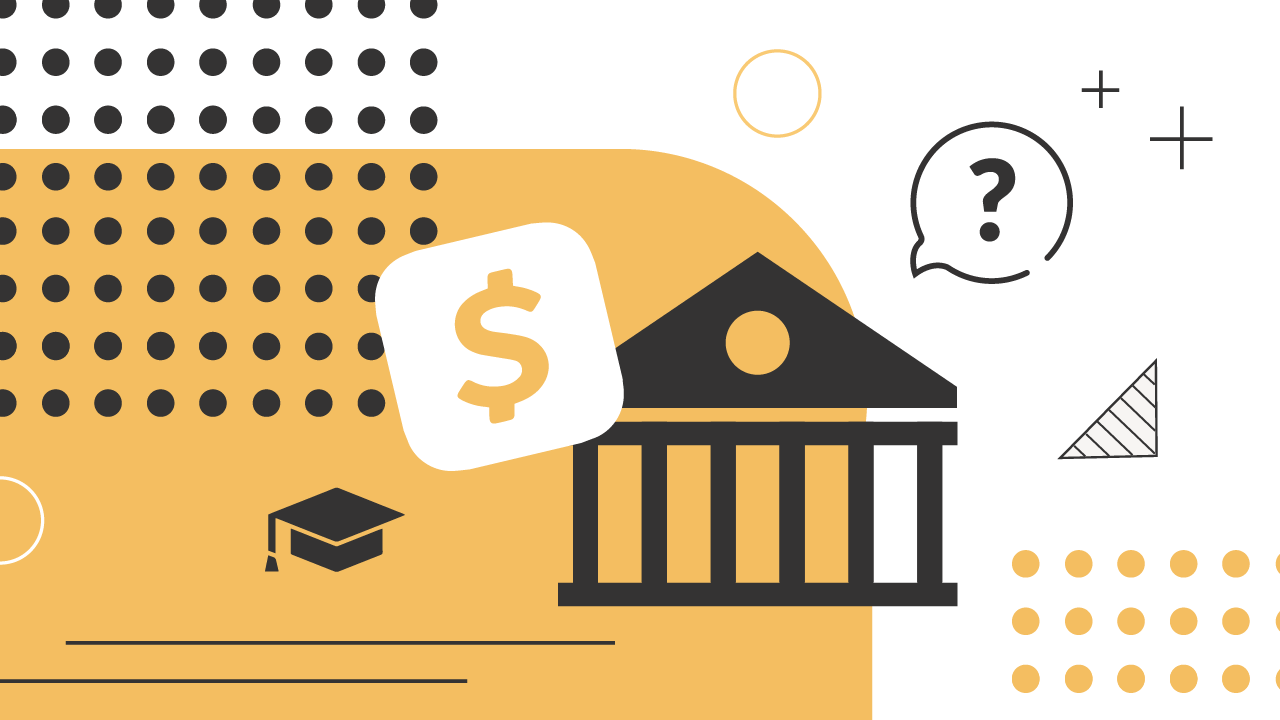
Here we are again - in late 2023, talking about a government shutdown. It's clear our government is mismanaged, but what does that mean for you and your student loans?
Well, it really depends on what happens. For short government shutdowns (which might last the weekend or a few days into the week), nothing. For longer shutdowns (like we saw in 2013 or 2018), all the good stuff our government offers - like national parks, military death benefits, etc - stop, but all the "bad stuff" our government does, like collect taxes, and deal with student loans, keeps on keepin' on.
If you're curious about how the government shutdown will affect your investments, check out this article. However, one area that has not been discussed at great length is the impact that this shutdown will have on your student loans.
Student Loan Repayment Restart
Whether or not the government shuts down does not change the fact that your student loan payments are due. Student loan payments restart in October 2023, and your first payment will be due something this month - regardless of the status of the government.
Yes, there is a 12-month "on-ramp" period to help you in case you do miss that first payment, but we highly recommend you don't take advantage of this - just make your payments!
Here's a full timeline of student loan repayment restart and important dates to know.
The Good News
The good news is that the shutdown will likely not affect your eligibility to qualify for any new federal financial aid. This would include any Federal Pell Grant, FSEOG, or Direct student loans. That specific pot of money is still flowing. Your FAFSA will still be processed, and almost all of the Department of Education financial aid websites are still up and running.
More good news (well . . . "good" is a relative term here) is that Federal student loan servicers are still up and running. So you can still make all of your student loan payments and receive customer service if you have questions.
Since 2009, the Department of Education contracted with private companies to manage the repayment of most Federal student loans, and since these private companies don't specifically fall under the wings of the Federal government, they are still functioning as normal. So yes, your student loan payments are still due (if the existing pause doesn't get extended). Bummer, I know!
Because the contracted student loan servicers are still operational, this means that you can still apply for a deferment or forbearance. These contractors have the authority to approve these options, so they can still assist you with that. They can also help you change your student loan repayment plan, discuss loan forgiveness options, and work with you on PSLF.
If you are applying for a loan discharge due to medical disability or for student loan forgiveness due to teaching in a critical needs area, you are out of luck. You will hit a brick wall until the government is back up and running. Please see below for more bad news.
The Bad News
The pot of new financial aid is still flowing, but there are some things that have dried up until the government is back up and running. Specifically, anything that requires an employee directly at the Department of Education (versus a loan servicer) will likely be held up.
Consolidation loan applications will go on hold. If you have a pending loan consolidation application through MOHELA or another servicer, it won't be completed. They are also not currently accepting new applications.
Important: This could derail potential double-consolidation applications, so start now if you're trying to get this done before the rules change.
The website is still up, but I have been told that there are no new applications being processed. The reason? The Department of Education handles some of the logistics on loan consolidations.
If you have specific questions about your federal financial aid, you won't be able to get any customer service through the Department of Education. The ombudsman office is also shut down, so if you have a complaint or grievance, you will have to wait until they open back up to file that. Ironic huh?
More bad news is that delinquent loans are still being reported to credit bureaus and loans can still be turned over to student loan collection agencies. Credit bureaus are independent agencies, and are also not affected by the government shutdown. (Note: this applies during non-Covid times. Collections are currently paused during the 12-month on-ramp period).
Finally, adjustments to things like the IDR waiver will also be paused during the shutdown.
Why You Should Care
Unfortunately, the longer that this government shutdown lasts, the larger the backlog of work will get. When federal workers return, they will be faced with an almost insurmountable hurdle to cross. The piles of paperwork and the backlog of work will likely be crippling. If this shutdown lasts for a long time, it could impact the availability of financial aid next year.
I know that we may not have much power to force our government to come to a resolution, but it might be worth a letter or phone call to your local congressman to express your concerns! This impact will have far-reaching implications, and I think we have only reached the tip of the iceberg when it comes to impacts we will feel on our student loans.
Tired Of Dealing With Your Federal Loans?
If you're looking for an alternative to your Federal loans, you could always consider refinancing them. While this doesn't make sense for most federal student loan borrowers (especially if you use income-driven repayment plans, or plan on applying for student loan forgiveness), it can lower your interest rate and lower your payment.
If you want to find out, check out Credible. Credible is a refinancing comparison tool where you can compare your student loan rates in 2 minutes with no credit check. If you decide to move forward with a new loan, College Investor readers can get up to a $1,000 gift card bonus when they sign up through this link.
How do you think the government shutdown will impact student loan borrowers?

Robert Farrington is America’s Millennial Money Expert® and America’s Student Loan Debt Expert™, and the founder of The College Investor, a personal finance site dedicated to helping millennials escape student loan debt to start investing and building wealth for the future. You can learn more about him on the About Page or on his personal site RobertFarrington.com.
He regularly writes about investing, student loan debt, and general personal finance topics geared toward anyone wanting to earn more, get out of debt, and start building wealth for the future.
He has been quoted in major publications, including the New York Times, Wall Street Journal, Washington Post, ABC, NBC, Today, and more. He is also a regular contributor to Forbes.
Editor: Clint Proctor Reviewed by: Chris Muller
